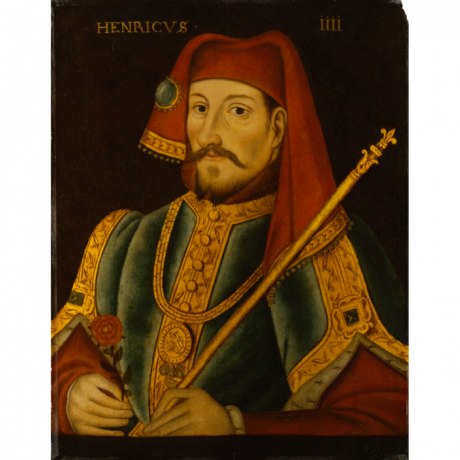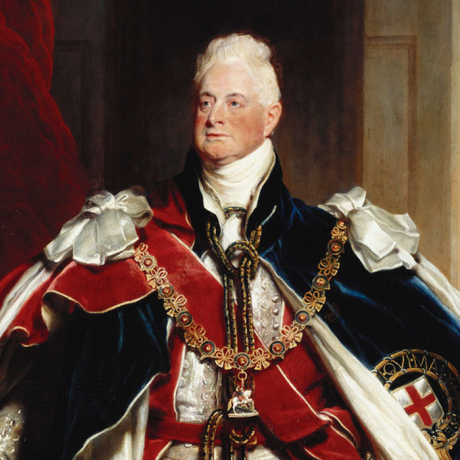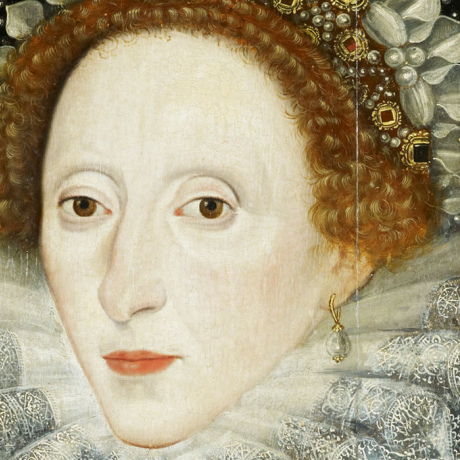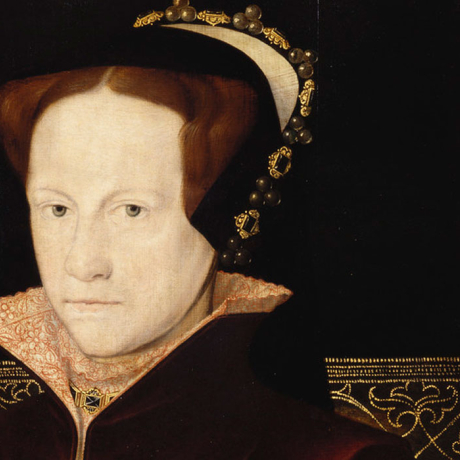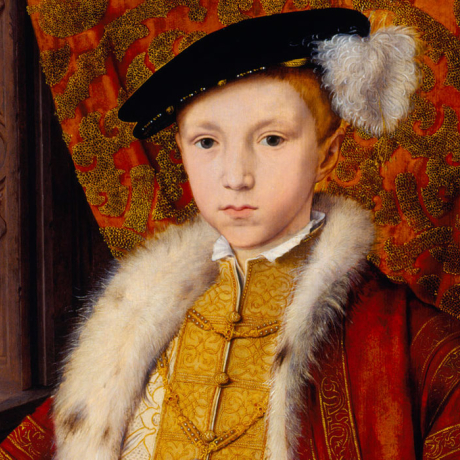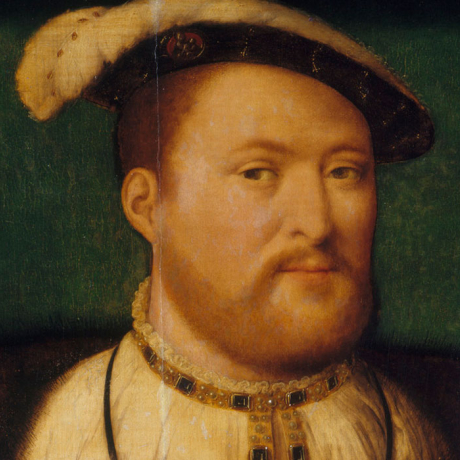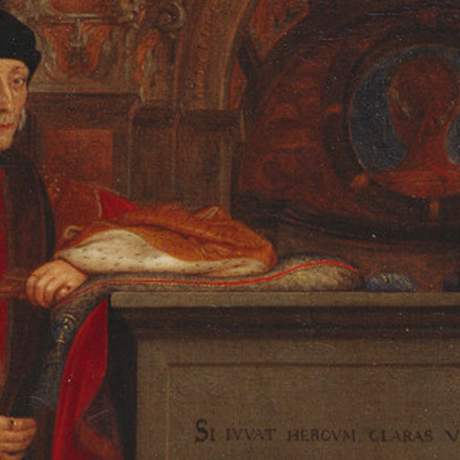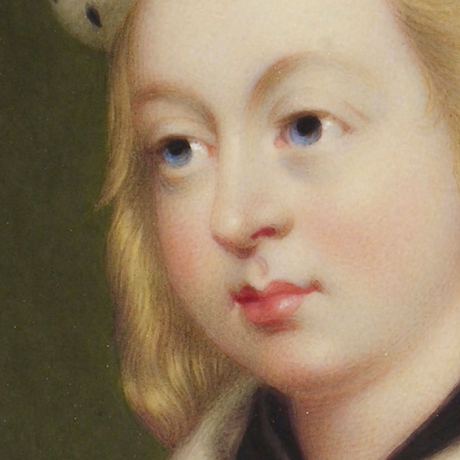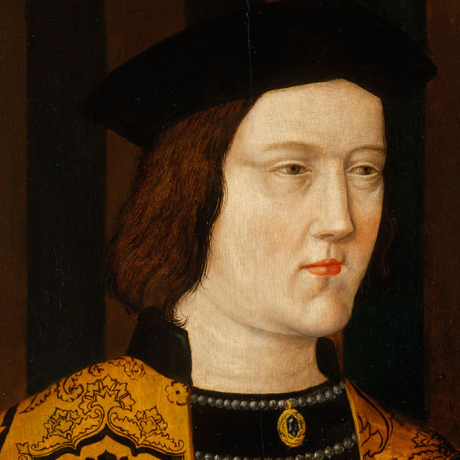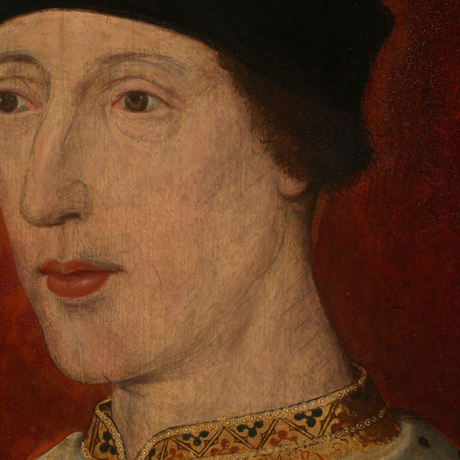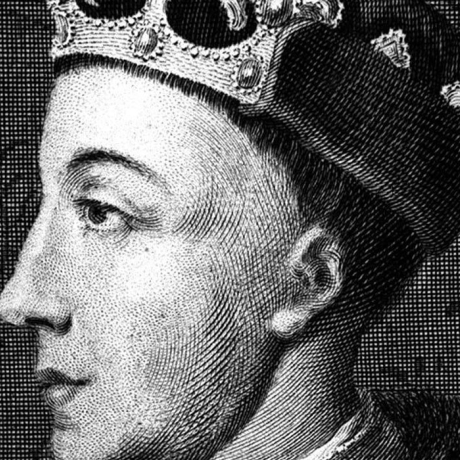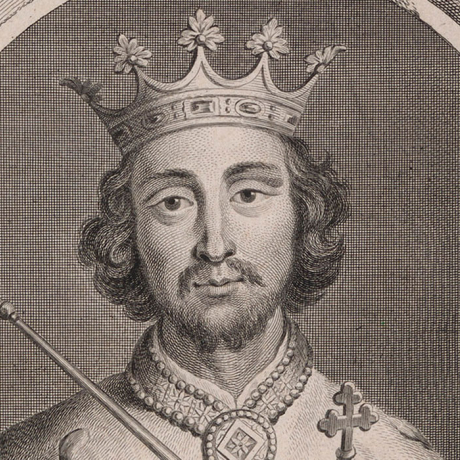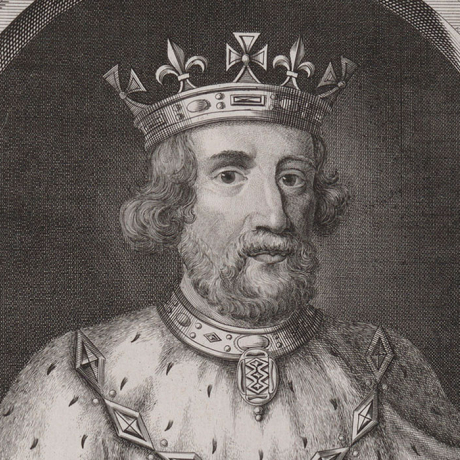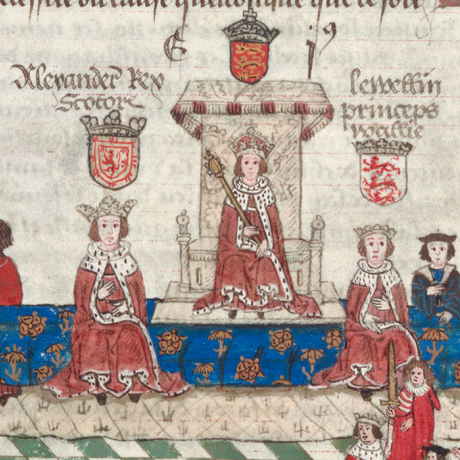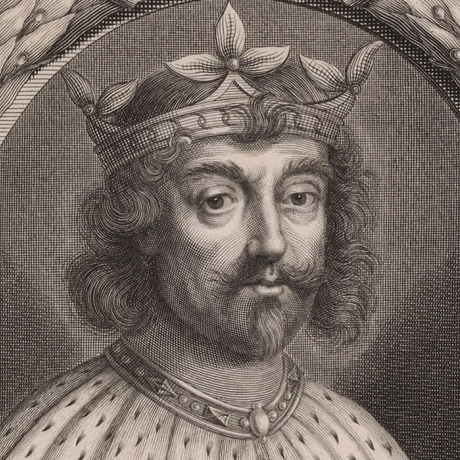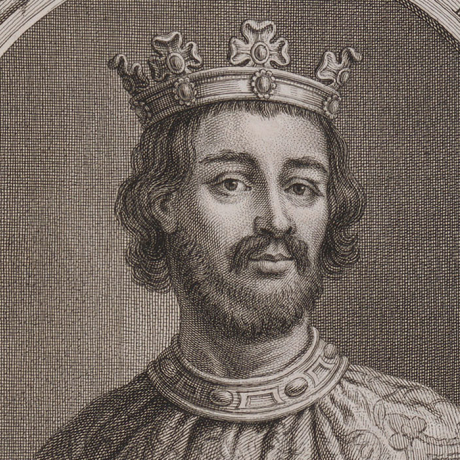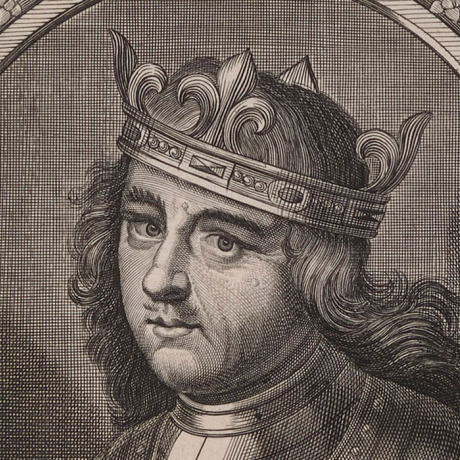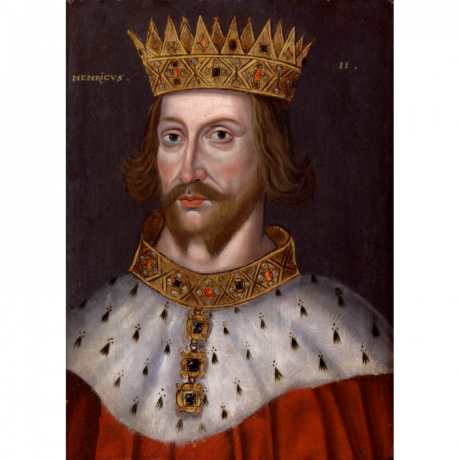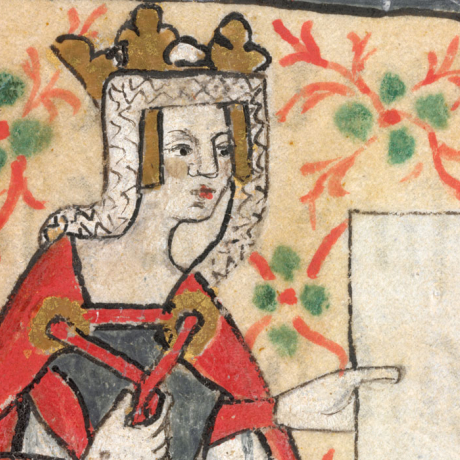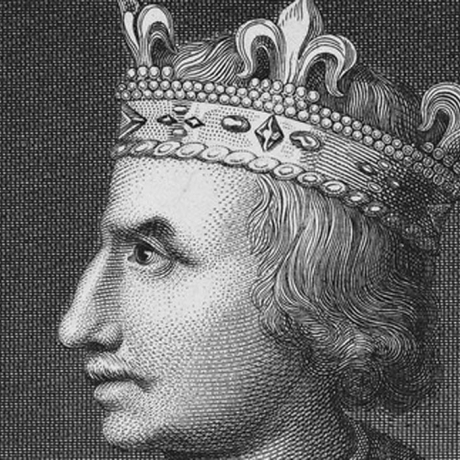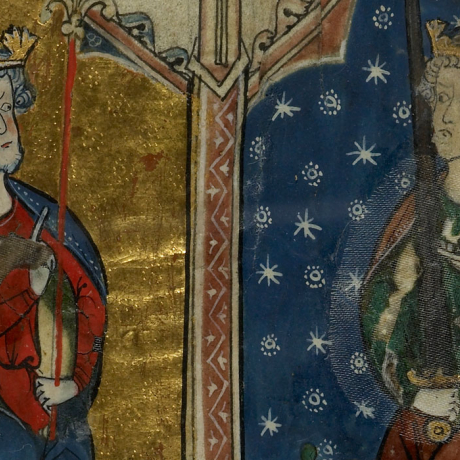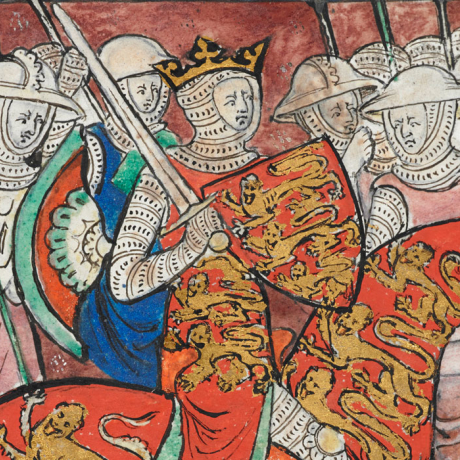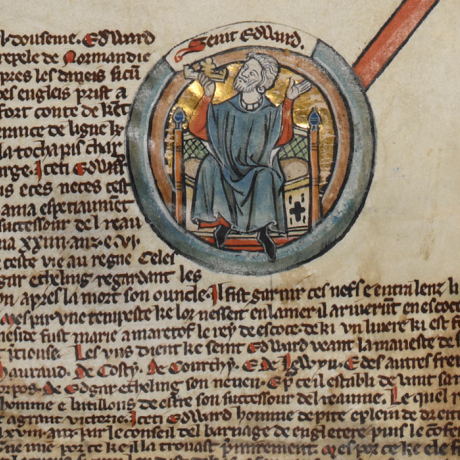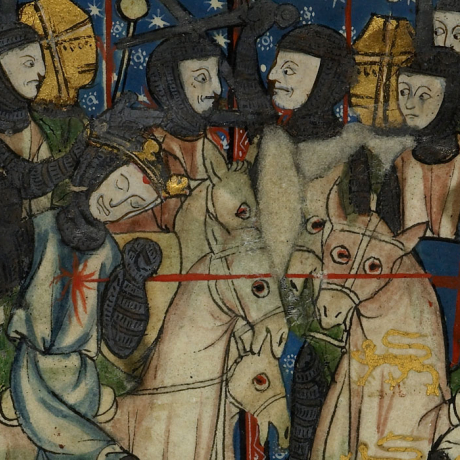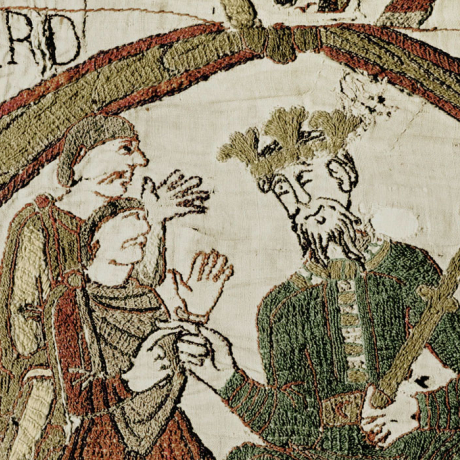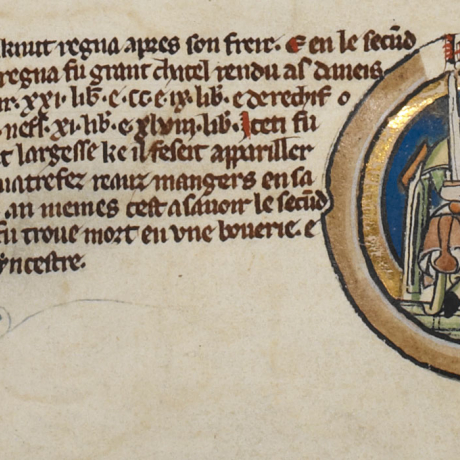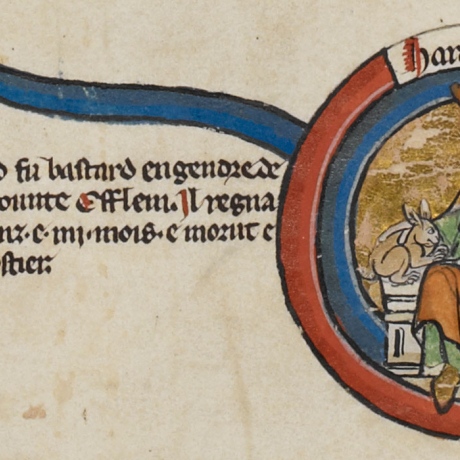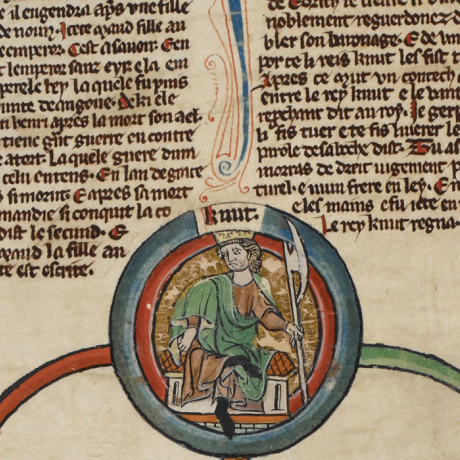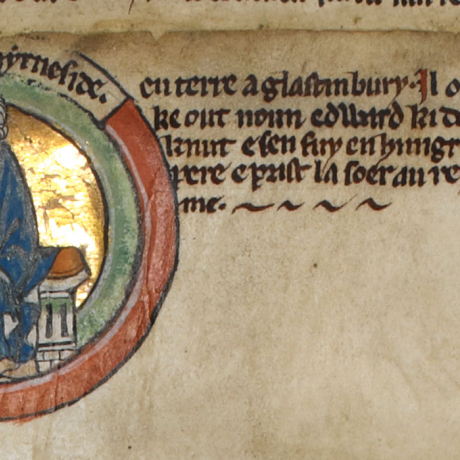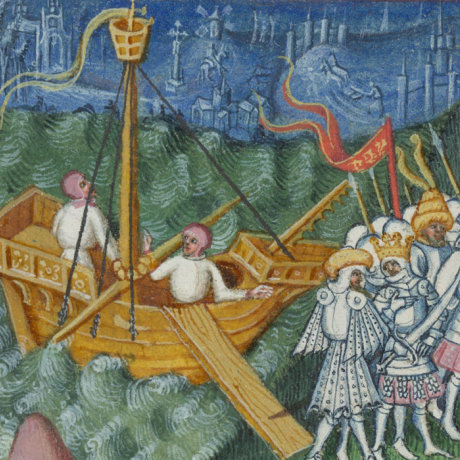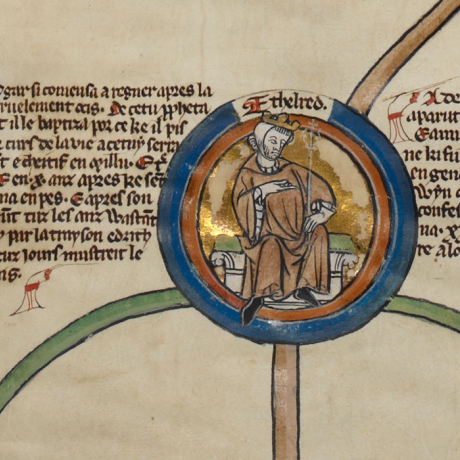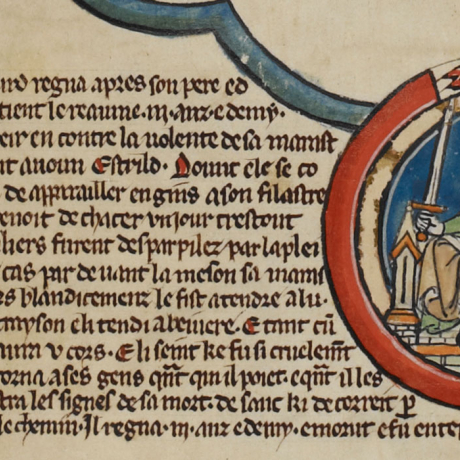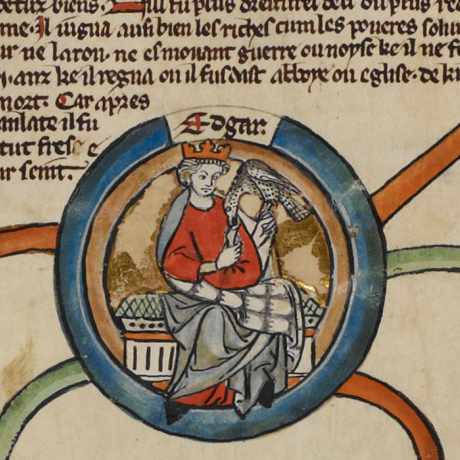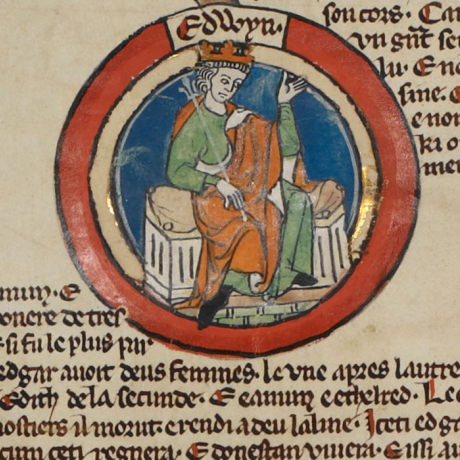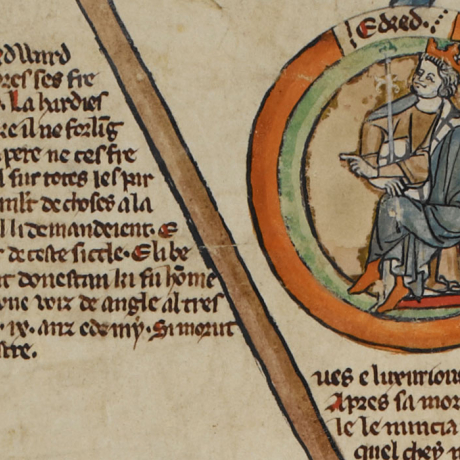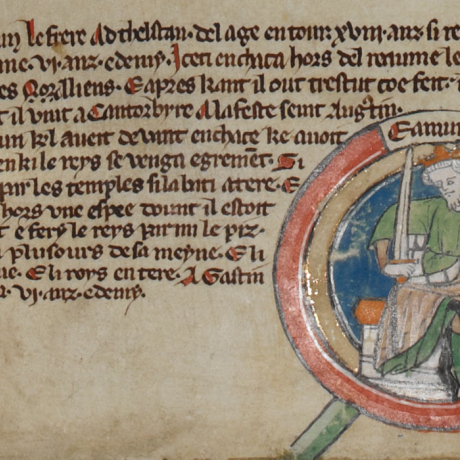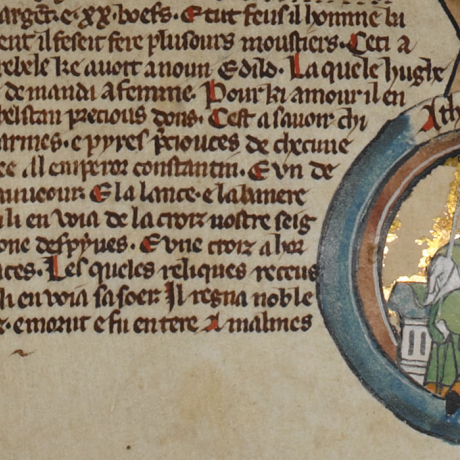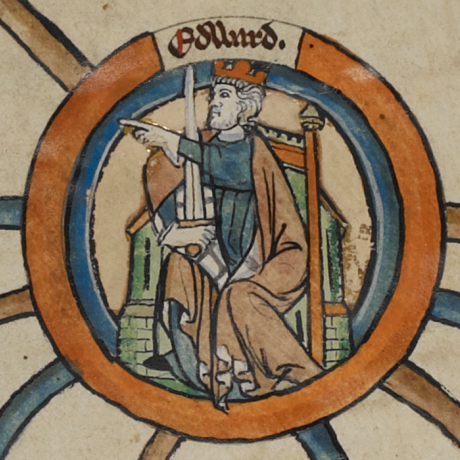Henry IV spent much of the early part of his reign fighting to keep control of his lands. Exiled for life by Richard II in 1397, Henry's successful usurpation did not lead to general recognition of his claim (he remained unrecognised as King by Charles VI of France).
An outbreak of the plague in 1400 was accompanied by a revolt in Wales led by Owen Glendower. In 1403, Henry's supporters, the Percys of Northumberland, turned against him and conspired with Glendower - the Percys were defeated by Henry at the Battle of Shrewsbury. The younger Percy, Harry 'Hotspur,' was killed: his father took refuge in Scotland, and then Wales. This victory was followed by the execution of other rebels at York (including its militant Archbishop Scrope in 1405).
The Earl of Northumberland rebelled again in 1407, but was defeated and killed at the battle of Bramham Moor in 1408. The Prince of Wales had notable successes against Glendower's castles, and by 1409 Glendower had retreated to the Welsh mountains.
Henry was dogged by illness from 1405 onwards; his son played a greater role in government (even opposing the King at times). In 1413 Henry died, exhausted, in the Jerusalem Chamber at Westminster Abbey and was succeeded by his son, Henry V.

